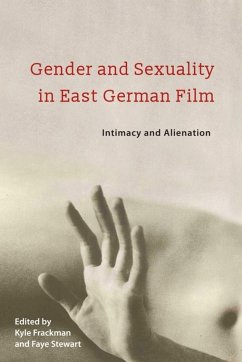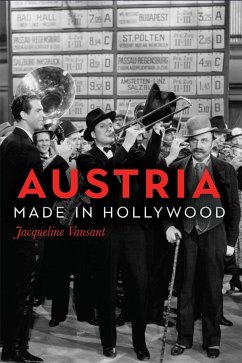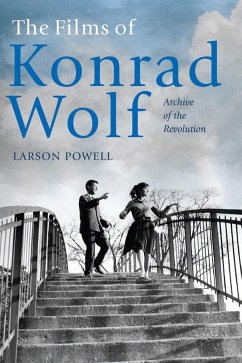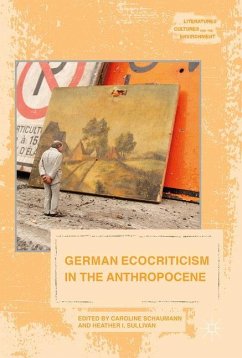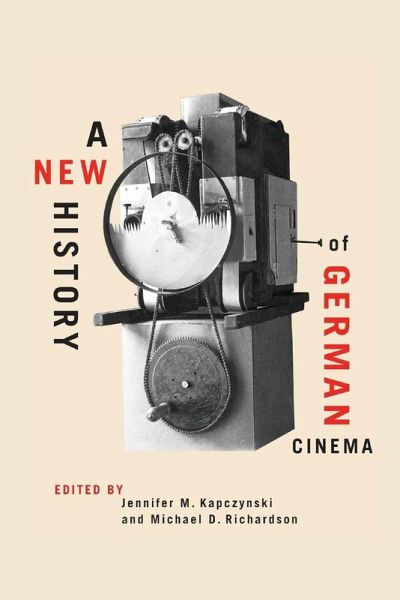
A New History of German Cinema
Versandkostenfrei!
Versandfertig in 1-2 Wochen
54,99 €
inkl. MwSt.

PAYBACK Punkte
27 °P sammeln!
This dynamic, event-centered anthology offers a new understanding of the hundred-year history of German-language film, from the earliest days of the Kintopp to contemporary productions like The Lives of Others. Each of the more than eighty essays takes a key date as its starting point and explores its significance for German film history, pursuing its relationship with its social, political, and aesthetic moment. While the essays offer ample temporal and topical spread, this book emphasizes the juxtaposition of famous and unknown stories, granting attention to a wide range of cinematic events....
This dynamic, event-centered anthology offers a new understanding of the hundred-year history of German-language film, from the earliest days of the Kintopp to contemporary productions like The Lives of Others. Each of the more than eighty essays takes a key date as its starting point and explores its significance for German film history, pursuing its relationship with its social, political, and aesthetic moment. While the essays offer ample temporal and topical spread, this book emphasizes the juxtaposition of famous and unknown stories, granting attention to a wide range of cinematic events. Brief section introductions provide a larger historical and film-historical framework that illuminates the essays within it, offering both scholars and the general reader a setting for the individual texts and figures under investigation. Cross-references to other essays in the book are included at the close of each entry, encouraging readers not only to pursue familiar trajectories in the development of German film, but also to trace particular figures and motifs across genres and historical periods. Together, the contributions offer a new view of the multiple, intersecting narratives that make up German-language cinema. The constellation that is thus established challenges unidirectional narratives of German film history and charts new ways of thinking about film historiography more broadly. Jennifer Kapczynski is Associate Professor of German at Washington University, St. Louis, and Michael Richardson is Associate Professor of German at Ithaca College.





